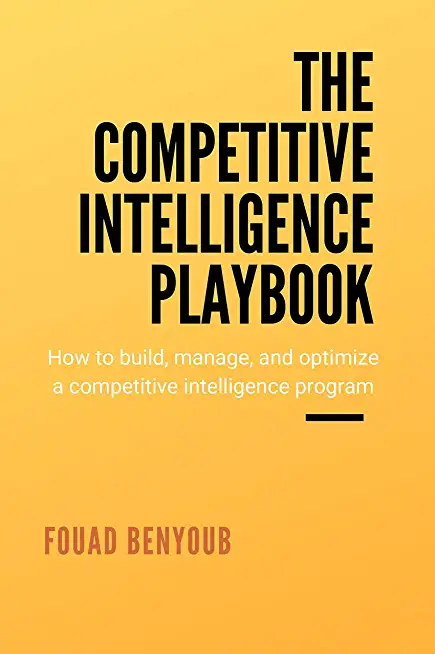
Schools today face a crisis of relevance.
Issues that people everywhere face--climate change, disease, hunger--require interdisciplinary solutions. Yet schools are still predominately organized by single-subject courses and narrowly focused high-stakes tests.
By contrast, our students need to develop a range of academic, social, and emotional competencies to solve issues that transcend national borders; live peacefully among neighbors in a culturally, politically, racially, ethnically, and religiously diverse society; and thrive in a global, knowledge-based economy. Youth and adults alike know this; it's time for schools to catch up.
Global competence--the set of dispositions, knowledge, and skills needed to live and work in a diverse, global society--helps educators balance social-emotional and academic learning goals. To that end, school leaders play a critical role in designing and scaling relevant global learning experiences for both students and teachers.
Becoming a Globally Competent School Leader details how school leaders can implement change by aligning aspirational initiatives to existing ones, generating will across school stakeholders, wrangling resources, and creating capacity.
This book offers a holistic approach to school leadership, one that grounds education in the complexities of the real world and aims to prepare all students to understand, engage with, and influence what happens in that interconnected world.







